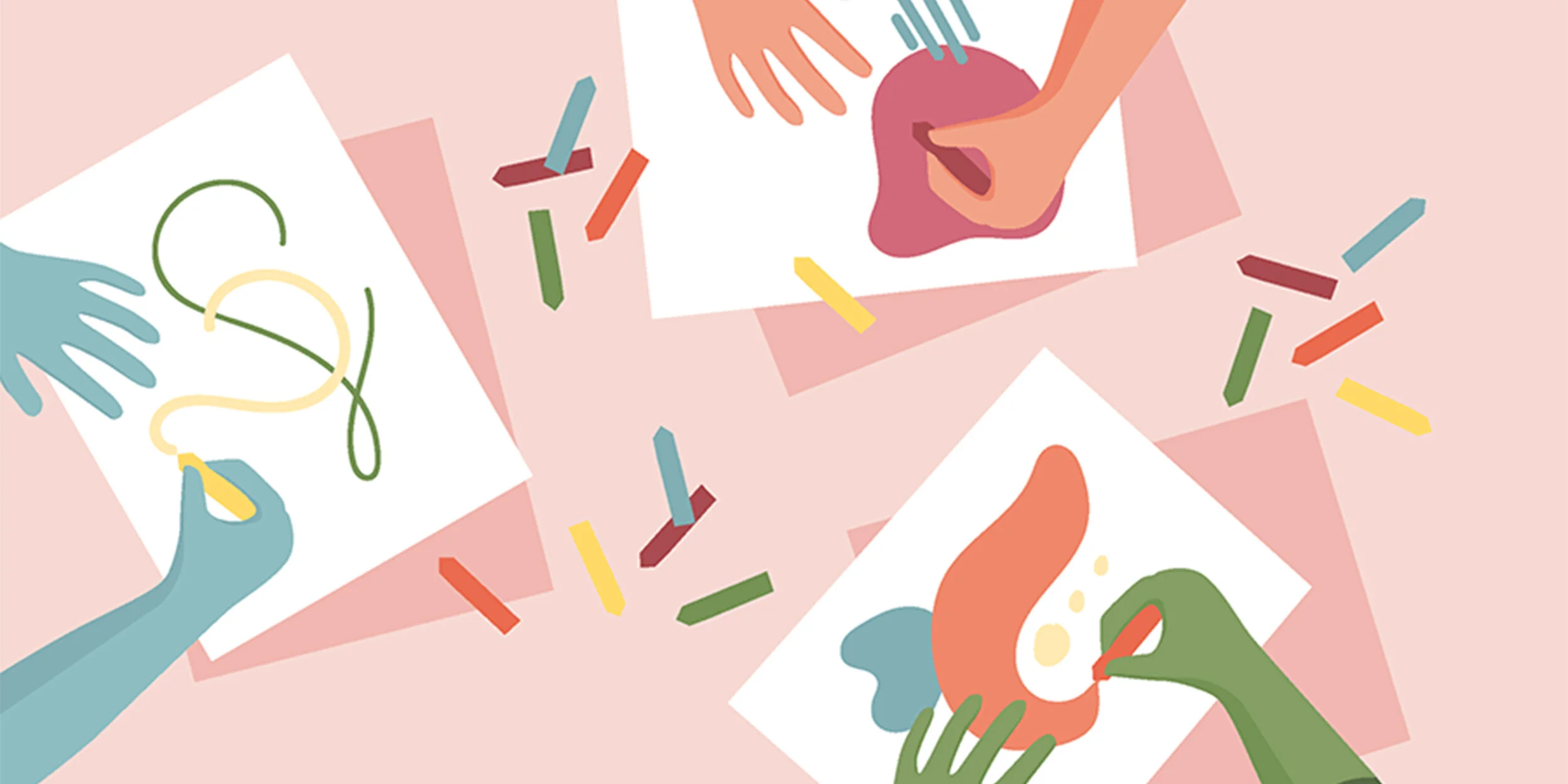Art is Medicine by Bec Kirby // Designer's Perspective
2020 has been a strange year for almost everybody, and alongside being strange, it has definitely come with its own challenges. Spending more hours than ever before with just ourselves, has been triggering for some (myself included!) and has left people with feelings of uncertainty and anxiousness. In 2020, studies showed that 1 in 5 people were experiencing mental health issues during the humanitarian emergency. Not only is this figure high, but shows that there are more people dealing with stress, anxiety and depression than ever before, some of which have not experienced these feelings pre-pandemic.
I came across a documentary last year, called ‘I Remember Better When I Paint’, a documentary film about the positive impact of art and other creative therapies in people with Alzheimer’s disease. The film examines the way creative arts bypass the limitations of dementia disorders such as Alzheimer's and shows how patients' still-vibrant imaginations are strengthened through therapeutic art. Whilst struggling with some personal anxieties this year, this film came back to me and encouraged me to draw, to paint, to craft and the impact it has had on my mental health has been next to none.
In an article written by Brittany Martin she states ‘The relationship between the arts and mental health is well established in the field of art therapy, which applies arts-based techniques (like painting and drawing) as evidence-based interventions for mental health issues, such as anxiety and depression. Practising the arts can be used to build capacity for managing one’s mental and emotional well-being.’
In this sense, art can be viewed as a form of meditation, similar to regular meditation practice, creating art regularly has the effect of training the mind to be more calm, still and focused, and research shows that it can even help increase attention span and help to prevent the mind from wandering.
“When someone is anxious or depressed, the mind can enter into destructive cycles of worry, fear and negative emotion, which is often related to events that happened in the past or things that could happen in the future. The process of creation however is the antithesis to these destructive tendencies, giving the mind something positive to focus on, and rooting someone in the present moment as opposed to being carried away with unhelpful thoughts and troubling emotions.”
Through my own outlets, art has enabled me to control my thoughts, and turn something that sometimes felt all-encompassing and overwhelming into something positive. Creating art opened up an opportunity to slow down, focussing on the process, in the present and has been a vital tool to help me overcome the feelings and emotions I have experienced in the past year.
Words by
Bec Kirby, Interior Designer


